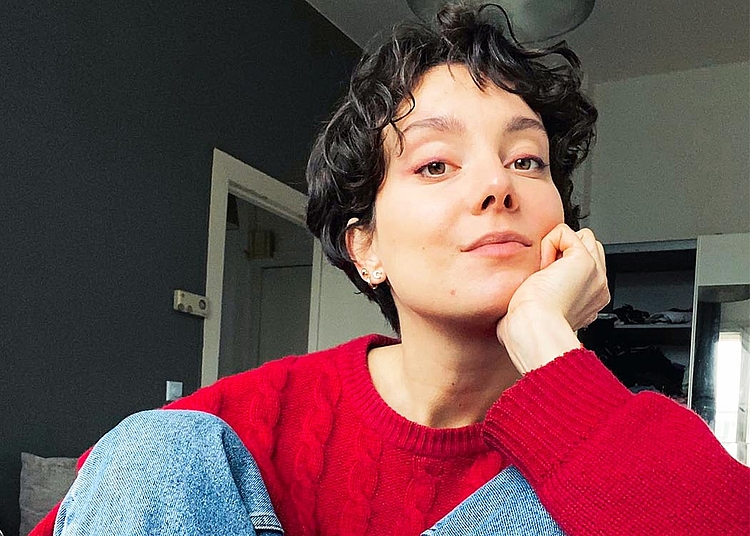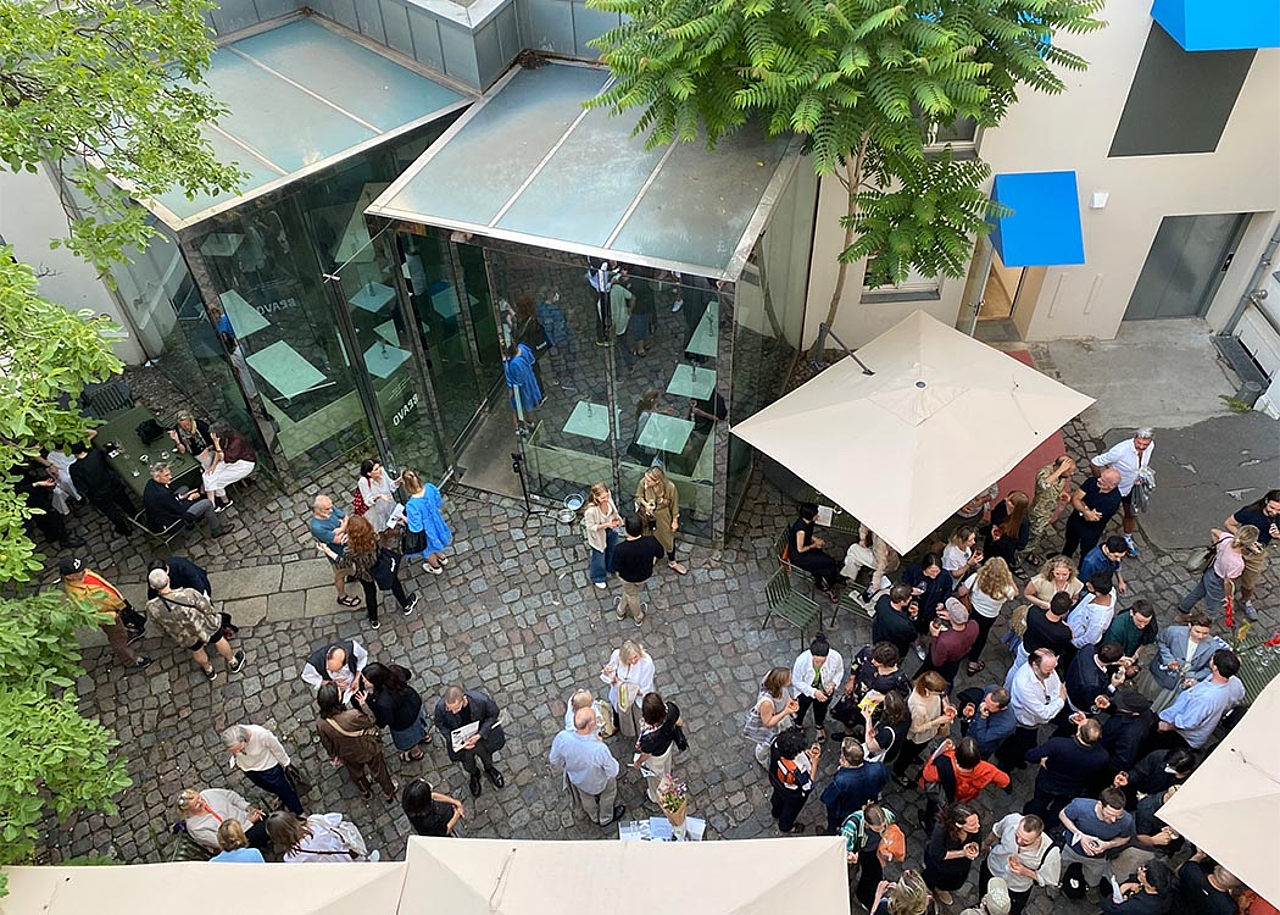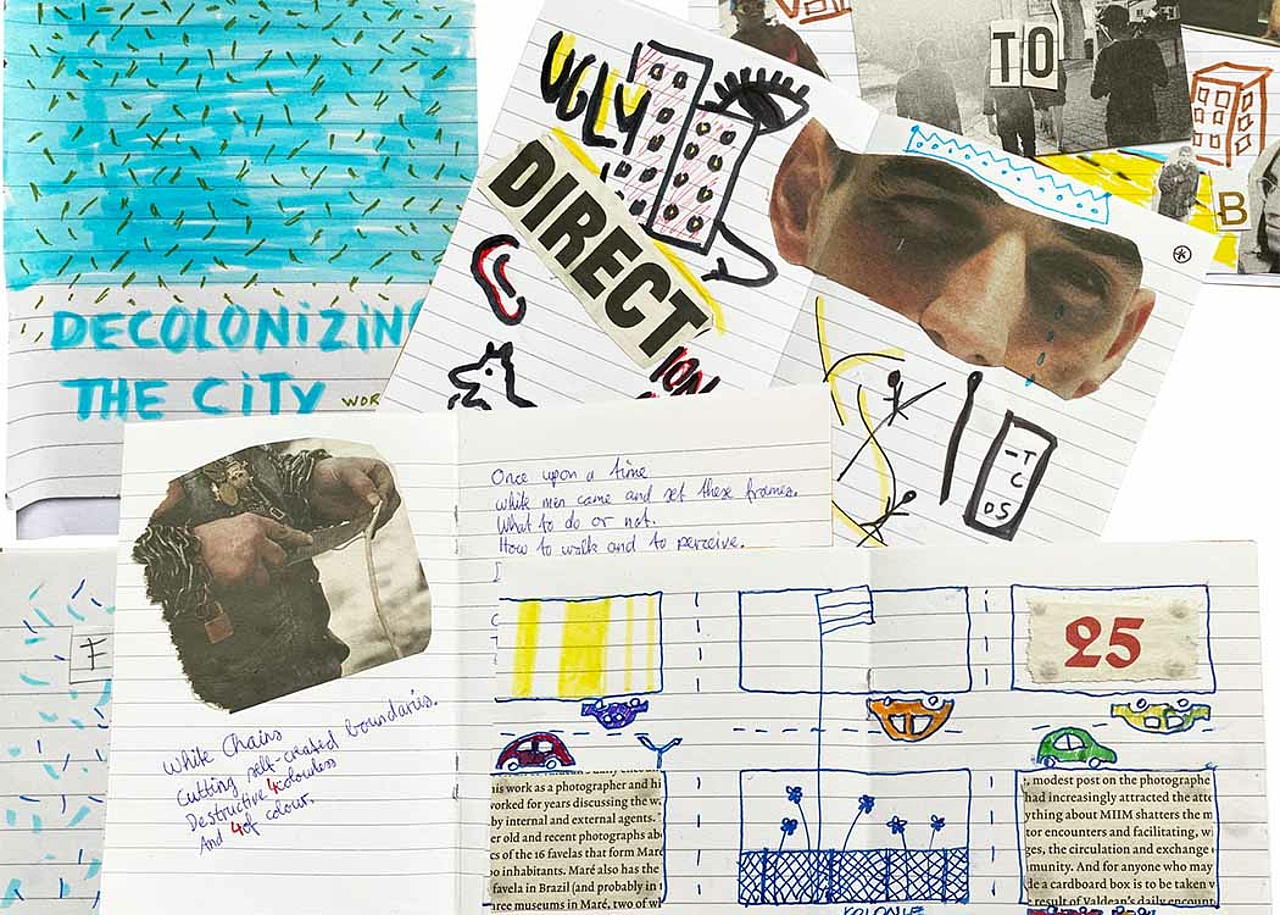Recently, you did an internship at KW Institute in Berlin. That sounds really impressive. Tell us more about your internship institution!
I think it is a place where the connection between its “manifesto” and its actual course of action is undoubtedly very strong. The institution was founded by Klaus Biesenbach, Alexandra Binswanger, Clemens Homburger, Philipp von Doering, and Alfonso Rutigliano in a derelict former margarine factory in Berlin-Mitte in the early 1990s. It now operates under the direction of Krist Gruijthuijsen.
During my internship, I worked closely with Léon Kruijswijk and Kathrin Bentele, Assistant Curators and Project Managers, Linda Franken, Public Program and Outreach Coordinator, and other members of the curatorial office. I did get the sense that the team tries to engage with issues of sociopolitical and anthropological importance, while trying to maintain a thoughtful and careful approach to contemporary artistic practices and, mostly, succeeding. It’s a very progressive and rather welcoming and multivocal environment.
The company’s mission statement is to “maintain a high degree of flexibility in creating its programs and addressing its audience”. I chose this organization because I find its mission to be important and relevant to my career goals, as I wish to combine my background in Architecture and my recently acquired knowledge of Visual Anthropology to try and become a curator myself.
How did you come across the internship? How was the application process going?
I had been following the Institute’s Instagram account for a while to keep myself updated on exhibitions and events happening during the last couple of years. I saw an ad for the position there. Then I found its full description on their website and decided to start my application process. I emailed them my documents, and they reached out to me a couple of weeks later, if I remember correctly, asking for an interview on Skype. I talked with both the assistant curators of the office - it was a very nice, relaxed conversation. After a week or so, they called me to ask if I was interested in taking up the job. I immediately said yes - I was very excited.



